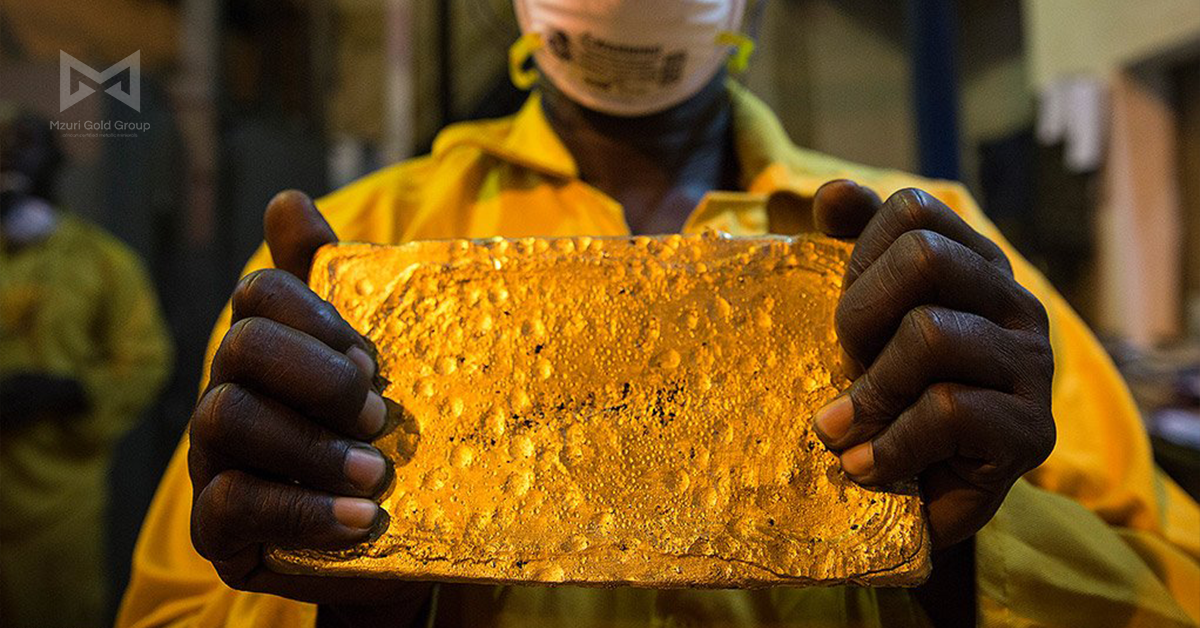Angola, located in Southern Africa, is renowned for its vast natural resources, including significant gold deposits. In recent years, the country has made concerted efforts to develop its gold mining sector, aiming to diversify its economy and reduce dependence on oil exports. This guide provides an in-depth overview for individuals and entities interested in purchasing gold from Angola, covering aspects such as the mining landscape, legal and regulatory frameworks, ethical considerations, and practical steps for acquisition.
Overview of Angola’s Gold Industry
- Geological Potential and Reserves: Angola’s gold reserves are primarily located in the central and southern regions, including provinces like Huíla, Cabinda, and Huambo. The National Geology Plan (Planageo) has identified over 300 points of mineral occurrence, underscoring the country’s untapped gold potential.
- Government Initiatives and Investments: The Angolan government has initiated several projects to bolster gold production. As of August 2024, 38 gold prospecting projects were underway, with a combined investment of $120 million . Additionally, a gold refinery is under construction in Luanda, expected to commence operations in 2025, with a refining capacity of approximately 25 kilograms of gold per day.
Legal and Regulatory Framework
- Mining Code and Licensing: Angola’s mining activities are governed by the 2011 Mining Code, which has undergone revisions to attract foreign investment and ensure sustainable resource management. The National Agency for Mineral Resources (ANRM) oversees the allocation of mining rights, including exploration and exploitation licenses.
- Export Regulations: To export gold from Angola, exporters must obtain a Loading Certificate (Certificado de Embarque) from the National Council of Angolan Shippers (CNCA). This certificate is essential for customs clearance and must be validated prior to shipment.
- Compliance and Due Diligence: Buyers should ensure that all transactions comply with Angolan laws and international standards. Engaging with reputable local partners and conducting thorough due diligence can mitigate risks associated with illicit trade and ensure the legitimacy of the gold being purchased.
Purchasing Gold in Angola
- Domestic Gold Market: Angola has established several gold trading hubs, including Luanda, N’dalatando, Huambo, Lobito, and Benguela. These markets operate similarly to global markets, with prices updating regularly and functioning five days a week.
- Artisanal and Small-Scale Mining (ASM): The ASM sector plays a significant role in gold production, especially in remote areas. While this sector contributes to local economies, it often operates informally, and the gold produced may not meet international standards.
- Industrial Mining Operations: Industrial mining operations, such as those in Huíla and Cabinda provinces, are more likely to produce gold that meets international standards. However, access to these operations is typically restricted to licensed entities, and purchasing gold directly from these sources may require navigating complex regulatory processes.
Ethical and Environmental Considerations
- Responsible Sourcing: Due to the prevalence of ASM, there are concerns regarding child labor, environmental degradation, and the financing of armed groups. Buyers should prioritize sourcing gold from formal, regulated sources that adhere to ethical mining practices and contribute positively to local communities.
- Environmental Impact: Gold mining, particularly in the ASM sector, can lead to deforestation, soil erosion, and contamination of water sources with mercury. The Angolan government has initiated programs to mitigate these impacts, but challenges remain.
Practical Steps for Purchasing Gold from Angola
- Establishing Partnerships: Engaging with local partners who have established relationships with mining operations can facilitate access to legitimate gold sources. These partnerships can also assist with navigating the regulatory landscape and ensuring compliance with Angolan laws.
- Due Diligence and Documentation: Conducting thorough due diligence is essential. This includes verifying the legitimacy of mining operations, ensuring that gold is sourced responsibly, and obtaining all necessary documentation, such as export licenses and ECTNs.
- Logistics and Shipping: Shipping gold from Angola requires coordination with customs authorities and compliance with international shipping regulations. Engaging with logistics companies experienced in handling precious metals can streamline this process.
Conclusion
While Angola’s gold industry presents opportunities, it also poses challenges related to regulation, ethical sourcing, and market access. Buyers interested in purchasing gold from Angola should conduct thorough research, establish reliable partnerships, and ensure compliance with all legal requirements to navigate this complex landscape successfully.

Leave a Reply